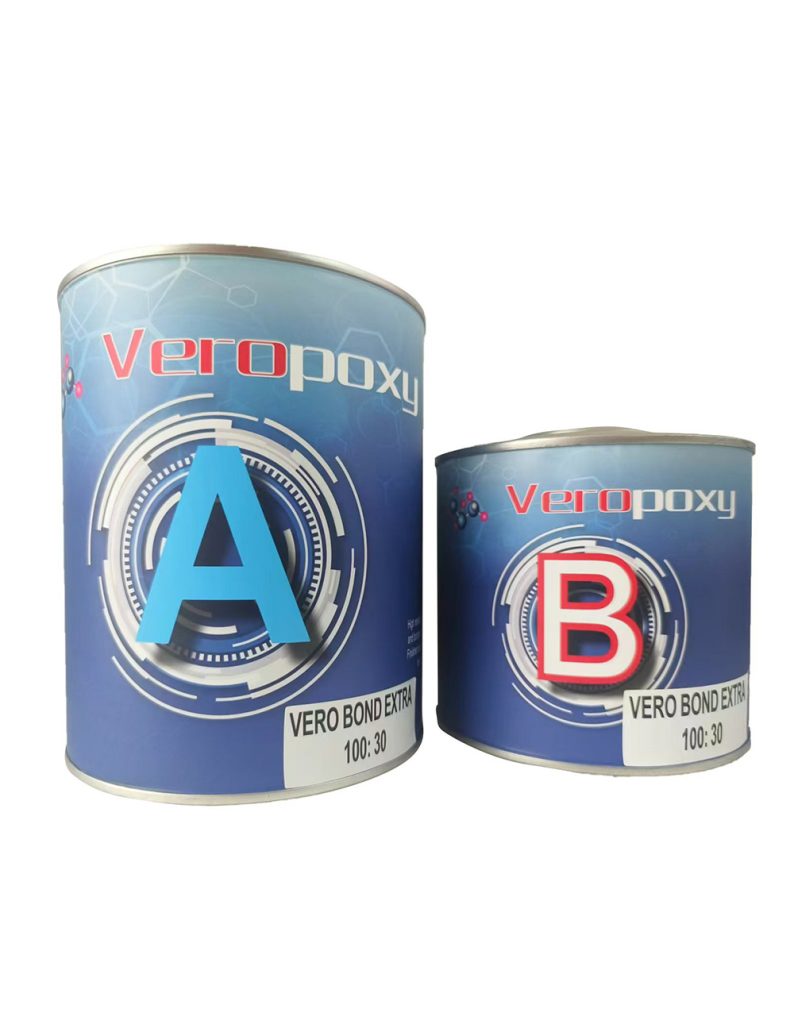Epoxy resins have become a basic element of invention in many different fields as they offer amazing properties and a wide spectrum of uses. From architecture to electronics, their uses are almost infinite. This paper presents a review of the top eight advantages of epoxy resins, therefore illustrating why these resins are the preferred material for manufacturers and professionals all over.

epoxy resin
?Excellent Adhesive Strength: First Priority
One of ethylene resins most well-known qualities is their extraordinary adhesive strength. It’s very amazing how well they can create strong bonds using a wide range of materials, including metal, ceramics, wood, and polymers. This makes employing them in structural applications where reliability and durability are of great relevance extremely essential. Unlike conventional adhesives, epoxy resins shrink quite little during the curing process. This helps them to provide strong and accurate bonding even under pressure.
2. More hostility to chemical compounds
Solvents, acids, and alkalis are among the many pollutants that epoxy resins provide a great degree of resistance against. They are widely used in industrial environments and protective coatings when materials are subjected to strong chemicals due to their ability to expose them to such substances. Because of their chemical resilience, epoxy resins may provide prolonged defence against corrosion and wear. One might apply this protection to floors, storage tanks, or pipelines depending on the latter.
3. Excellent electrical conductors’ insulation
The great electrical insulating ability of epoxy resins is one of its most salient features. They are extensively used in the electronics sector to encapsulate components, shield them from damage and maximise their performance. High electrical resistance of epoxy resins allows them to guard delicate machinery against environmental damage and short circuits. Including transformers and circuit boards.
4. Outstanding thermal stability performance
One well-known feature of epoxy resins is their ability to withstand high temperatures without sacrificing their performance. Because of their thermal stability—that is, capacity to resist repeated exposure of components to different temperatures—these materials are suitable for use in aircraft, automotive, and industrial equipment. Because of their increased heat resistance, can keep their integrity and usefulness even under severe conditions.
5. Flexibility towards a Broad spectrum of Uses
When it comes to flexibility,? are second best. Among the numerous companies that benefit from them are construction, the marine sector, the creative arts, and furniture manufacture. Two uses of epoxy resins in the building sector are sealants and floor coverings.Provide strength and beauty at the same time. They are produced in the extremely beautiful river tables and decorative coatings employed inside the creative sectors. Their ability to fit a range of uses highlights the essential part they perform in modern businesses.
6. finishes transparent and anaesthetic at the same time
Apart from any other use, epoxy resins provide perfect finishes. Their glossy appearance makes them transparent, which qualifies them ideal for decorative use. Artists and designers create one-of- a-kind art pieces, worktops, and flooring solutions that are not only visually beautiful but also useful by means of epoxy resins. Epoxy resins stand out from other materials, such polyurethane or acrylics, in their capacity to serve many decorative purposes.
7. substitutes with fewer negative effects on the surroundings
Thanks to major technical developments recently, epoxy resins have become more environmentally friendly. Now available are formulations with low levels of volatile organic compounds (VOC) and substitutes obtained from biological sources, therefore lessening the ecological impact of these materials. Less air pollution is produced by epoxy resins than by solvent-based adhesives and varnishes, so they are safer for users. Furthermore using less area in the surroundings are epoxy resins. Promoting world sustainability is in line with this ecologically friendly approach.
8. Efficiency of use of resources and durability
It is an investment that guarantees the long-term value of the product because they are durable and wear-resistant. Due to their long service life, they do not require frequent repairs or replacements. The applications are very wide: industrial flooring, marine coatings, electronic packaging, etc. They are a fairly affordable choice for both homes and businesses because their long-term excellent performance can save a lot of costs.
Why should you choose it among other materials?
Although polyester and polyurethane resins are alternatives, epoxy resins always beat them in terms of adhesion, chemical resistance and durability. For example:
Easily crack under thermal stress; maintain its integrity.
Polyurethane lacks the same chemical resistance or adhesion as epoxy resin.
Due to its relative advantages, it is increasingly considered the first choice for a wide range of uses.
Crucial Uses of Epoxy Resins
Among building materials are durable adhesives, protective coatings, and structural elements.
Electronics deals with insulating encapsulants for circuit boards and other electrical equipment.
Waterproof paints and coatings for use on boats and other marine gear.
High-gloss coatings applied to furniture and decorative items are part of the creative arts.
Have proved that they are a material that is both flexible and essential by their success in a variety of fields.
An exciting future prospect
The constant industrial innovation is ensuring that epoxy resins remain relevant for many years to come. At a time when companies are looking for more ecologically friendly, durable, and efficient materials,are clearly a consistent choice.

epoxy resin
A substance with great potential to transform many different industries due to its exceptional properties and versatility. Eight key benefits are presented. These include bond strength, chemical resistance, electrical insulation, and thermal stability. Epoxy resins have unparalleled performance compared to alternatives such as polyester and polyurethane resins. Construction, electronics, nautical and artistic pursuits are just a few of the areas where epoxy resins are used. Thanks to improvements in eco-friendly formulations and affordable designs, they not only meet the needs of the industrial sector but also help protect the environment. Their combination of practicality and aesthetics guarantees them a bright future in modern production and design.
Post time: 11 月-19-2024

